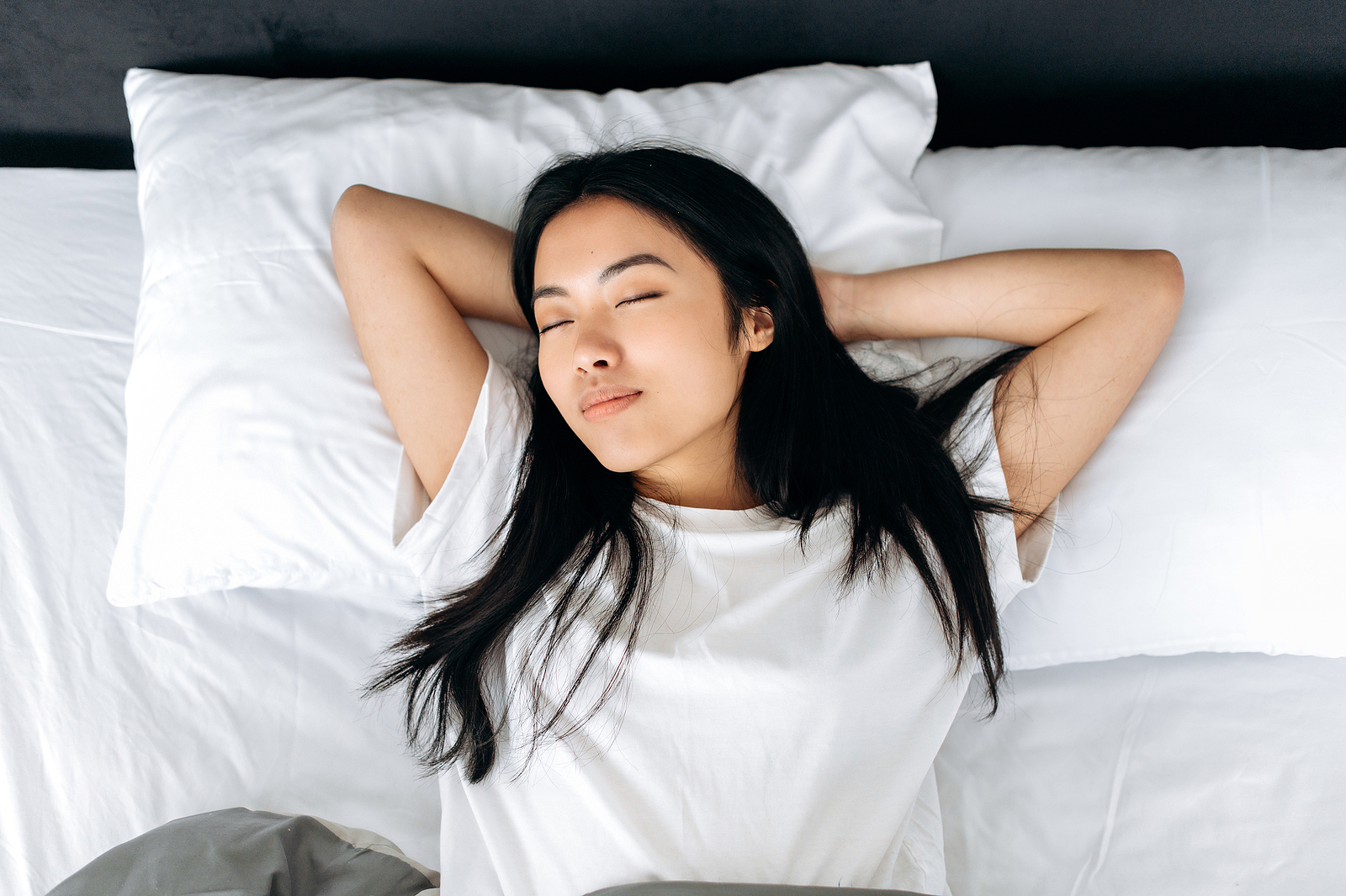
Want to sleep better and get up in a good mood? Here’s an equation you can follow to increase your chances.
Perhaps you’re not sleeping well—but perhaps your difficulties are more centered around the start of the day.
Some 60 percent of adults don’t get their optimum eight hours of sleep, and it’s little wonder with the rushed and stressful lives we lead.
Then there’s getting up in the morning; even if we have slept well, many of us don’t leave for work in the best of moods.
There can be a multitude of reasons we’re not at our best in the morning, and researchers have cited hormones, diet and stress as some of the prime suspects. According to a study commissioned by Kellogg’s, around 29 percent of us, nearly one in three, wake up in a bad mood at least twice a week.
Whether you don’t get enough sleep or don’t start the day well, there’s a mathematical formula just for you. Personal development coach Craig Ballantyne has come up with one that increases your chances of a good night’s sleep, while British mathematical genius Anne-Marie Imafidon has developed an equation that will help put you at your very best first thing.
Craig has developed the 10-3-2-1 formula for a good night’s sleep. It regulates the time we can have our last coffee of the day, when we should stop eating, and when we need to shut off devices.
Anne-Marie’s is a mathematical equation to increase our chances of being the brightest larks from the day’s start. Hers is about the amount of time we exercise first thing (if at all), how long we spend over our breakfast and the minutes we spend under the shower.
On average, Kellogg’s found, people spend 37 minutes from getting up to leaving the house for work, so anything less than that means we’re rushing—and probably in a bad mood—and anything more means we’re spending more time on ourselves and hence in a better mood.
She admits we’re all different, and there’s no simple formula that can suit everyone, but she reckons her equation gives us the best chance to leave the house with a smile on our face. Craig says the same for his and getting a good night’s sleep, and as it was launched in 2016, there’s been plenty of positive feedback that suggests he’s on the right track.
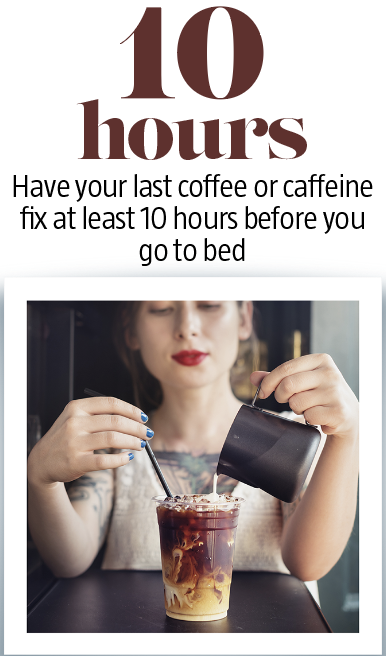
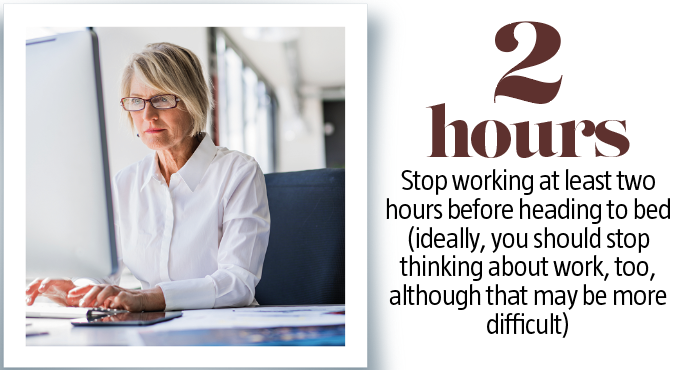
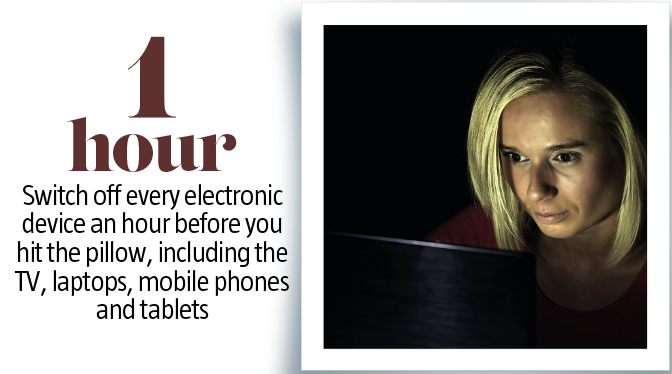

Remember, Kellogg’s found people spend around 37 minutes from getting up to leaving the house for work. Anything less than that, and Anne-Marie Imafidon reckons we’ll start the day in a bad mood because we’re too rushed. Anything more than the 37-minute average, and we’ll start in a good mood, having given ourselves enough time to shower, exercise, eat breakfast and do any other activity we like to do before leaving the house, such as reading a newspaper or meditating.
If you really want the actual equation, here it is:
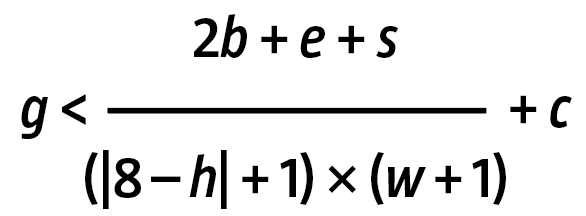
Where g = the usual number of minutes we take to get ready; the average is 37 minutes
b = minutes spent eating breakfast
e = minutes exercising
s = minutes showering
h = minutes spent sleeping
w = the difference in hours between the time you get out of bed and 7:12 a.m., considered the optimum time to get up
c = minutes spent on other activities, divided by 2